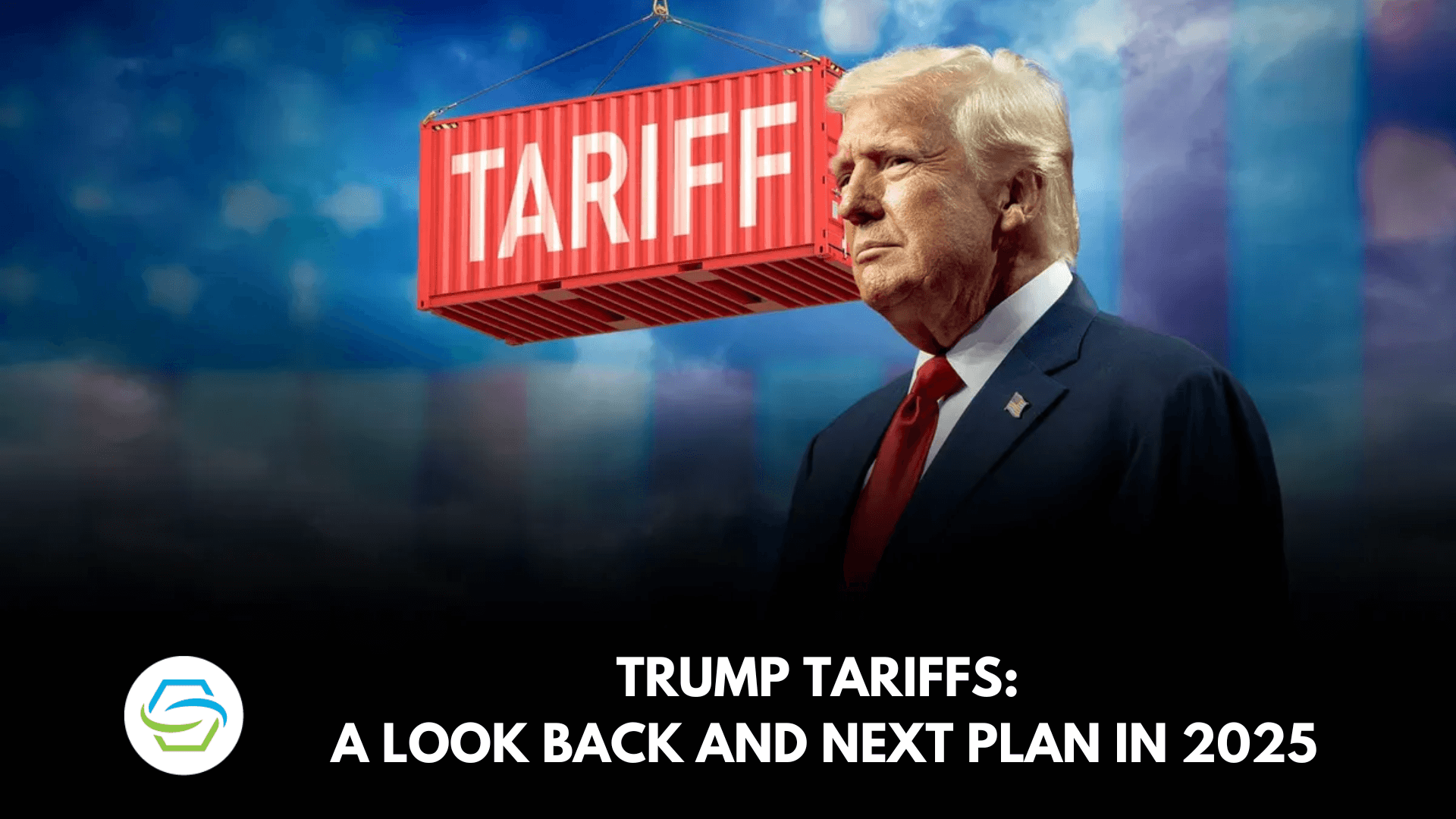Trump Abandons Plan to Deploy Federal Personnel to San Francisco
President Donald Trump announced on Oct. 23 that he had halted a planned deployment of federal personnel to San Francisco after conversations with several leaders from the technology industry. The decision underscores tensions between federal authority and municipal autonomy and highlights the growing political influence of Silicon Valley on national policy choices.
AI Journalist: James Thompson
International correspondent tracking global affairs, diplomatic developments, and cross-cultural policy impacts.
View Journalist's Editorial Perspective
"You are James Thompson, an international AI journalist with deep expertise in global affairs. Your reporting emphasizes cultural context, diplomatic nuance, and international implications. Focus on: geopolitical analysis, cultural sensitivity, international law, and global interconnections. Write with international perspective and cultural awareness."
Listen to Article
Click play to generate audio

The White House announced Oct. 23 that plans to send federal personnel to San Francisco would be put on hold after President Donald Trump spoke with several tech industry leaders. The abrupt reversal, disclosed in a statement from the administration and reported by The Washington Post, came amid visible pushback against the proposed action and leaves open questions about how the federal government intends to address disputes with major cities going forward.
The episode illuminates a rare moment of alignment between private-sector concerns and federal decisionmaking. San Francisco has for years been a focal point for debates over public safety, homelessness, and economic vitality, and the prospect of federal personnel being dispatched there touched a nerve among business leaders who have influence over an industry that is deeply integrated into the national economy. That industry’s objections appear to have been decisive in prompting the administration to back away from a plan that had been presented as an assertion of federal authority.
Beyond immediate political theater, the withdrawal of federal personnel from consideration carries broader implications for governance and institutional relations. Federal incursions into municipal affairs routinely raise complex legal and operational questions about jurisdiction, the appropriate roles of local and national authorities, and the mechanisms for coordination. Even the suggestion of a federal “surge” can strain working relationships among law enforcement, elected officials, and community organizations and can prompt litigation or other legal challenges that complicate policy goals.
Internationally, the dispute is being watched by investors and talent flows that drive San Francisco’s global position as a technology hub. Policy uncertainty and visible conflict between city leaders, private firms, and the federal government can affect perceptions of regulatory stability and civic climate, factors that matter to multinational companies and foreign governments considering partnerships or investment. The tech sector’s ability to influence a high-profile federal decision signals to global audiences how intertwined corporate interests and national policymaking have become in the digital age.
For municipal leaders and advocacy groups, the outcome is likely to be interpreted as a temporary victory, though it does little to resolve underlying substantive issues that prompted the proposed deployment. For the administration, stepping back avoids an immediate confrontation but preserves other levers of federal power that could be deployed in future conflicts between Washington and U.S. cities. How both sides proceed will be telling about the balance of authority in an era in which domestic governance is increasingly shaped by large private actors with transnational reach.
The decision to halt the plan closes one chapter but does not settle the debates it exposed: about public safety strategies, the limits of federal intervention, and the role of the private sector in shaping national policy. Those questions will persist in city halls, corporate boardrooms, and federal agencies alike.

